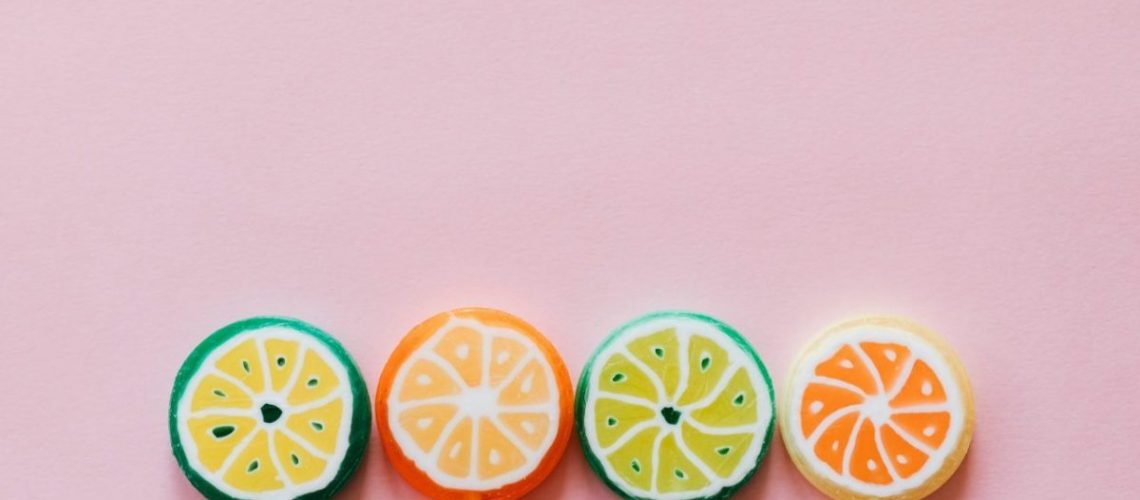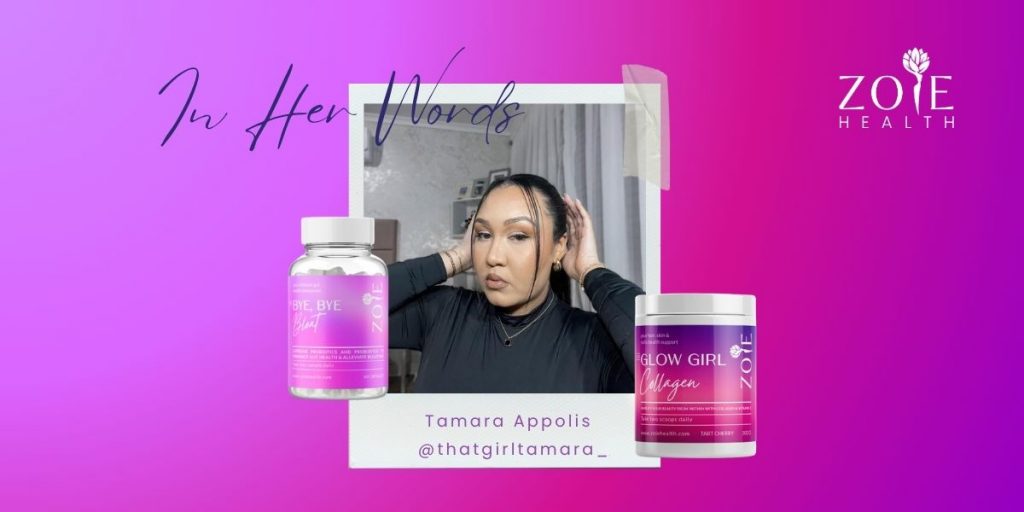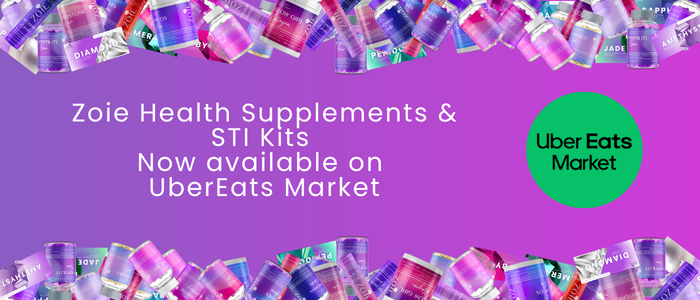Many women struggle with dilapidating PMS symptoms and for the most part, we have to accept this as normal. However, studies show that PMS symptoms are caused by hormonal changes in our bodies which can be regulated by spotting what the causes of the symptoms may be. For example, low serotonin levels can result in heightened feelings of depression and fatigue. Once you figure this out, you can make the appropriate dietary changes to help you during that time of the month.
Can vitamins and minerals help ease PMS symptoms?
Specific vitamins and minerals can reduce your risk of developing PMS and treat the symptoms when they occur. Calcium and vitamin D work together to treat PMS and may also prevent it. Calcium eases mood swings, headaches and bloating. Vitamin D helps the body absorb calcium.
Magnesium and vitamin B6, when taken together, significantly reduced PMS symptoms in women and are recommended as a treatment by doctors. Magnesium regulates serotonin levels, which can impact your mood. It is also known to reduce bloating and breast tenderness. Vitamin B6 helps the body use serotonin, which can ease depression.
What food can I eat to ease PMS Symptoms?
Your food choices throughout the month and during the height of your PMS symptoms can provide relief. Some examples may include:
1. Reducing salt consumption can help decrease bloating and fluid build-up
2. Cutting down on caffeine and alcohol during the month will also help alleviate depression
3. Limiting highly processed food and sugar in your diet will improve your energy levels
4. It’s also important to drink plenty of water and eat lots of whole grains, fruits and vegetables, which add fibre and nutrients to your diet. Many of these vitamins and foods also are known to reduce the symptoms of menopause.
PMS-Friendly Foods
Dairy products:
For calcium and vitamin D, try milk, cheese, and low-fat Greek yogurt.
Eggs
Hard-boiled, scrambled or fried, eggs are packed with vitamins D, B6 and E. Vitamin E reduces headaches and breast tenderness.
Nuts
Almonds, peanuts and hazelnuts contain lots of vitamin E.
Green leafy vegetables
These are high in fibre and vitamin E.
Chicken, fish, potatoes and carrots
These foods are high in vitamin B6.
Chamomile tea
This calming herb reduces cramps and can soothe irritability.
If your symptoms continue after making these dietary changes, be sure to talk with your doctor about other strategies that may help to control and manage your PMS. If you’re looking for a GP to ask questions, join our community group with medical experts here or book a virtual consult with a GP here from only R300.









